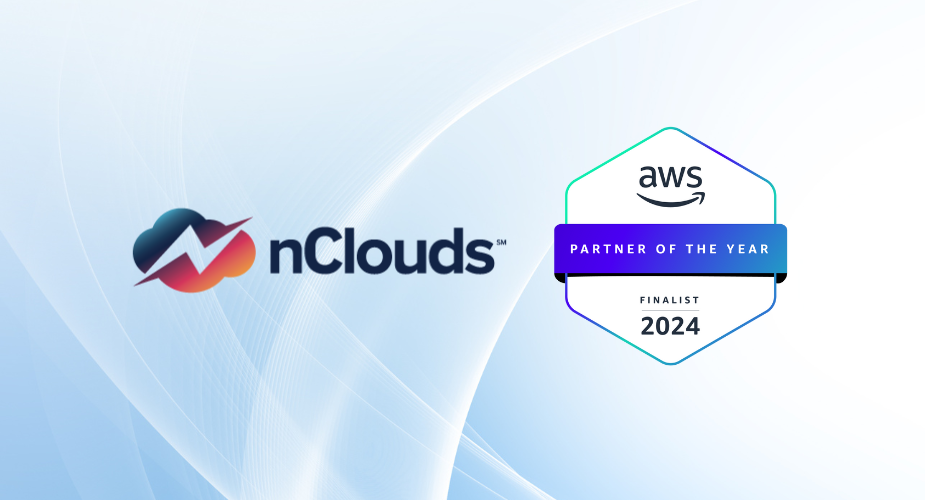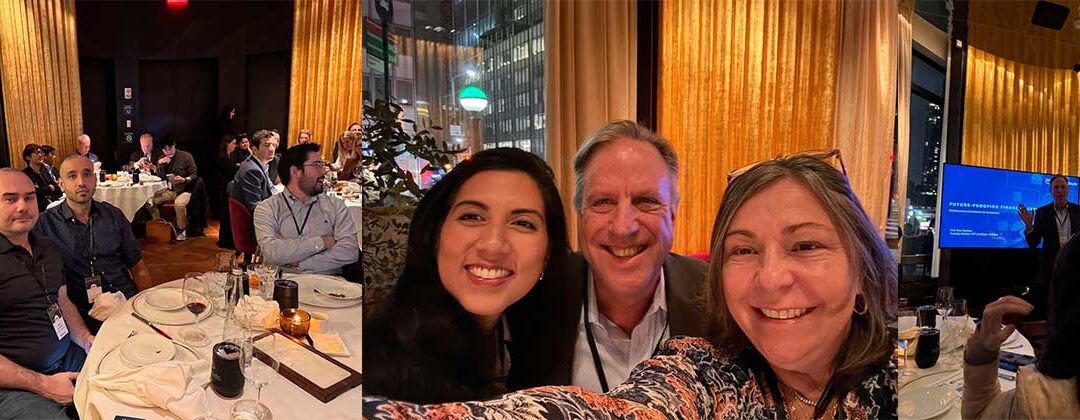What, exactly, is application modernization?
Fundamentally, application modernization is the practice of updating older software. This broad definition includes implementing newer computing approaches, learning newer languages, developing appropriate frameworks and even creating new infrastructure platforms. This practice is also sometimes called legacy modernization or legacy application modernization. You could think of application modernization as the software development equivalent of renovating an older home.
What makes application modernization important?
Application modernization empowers organizations to take advantage of digital technologies. This includes artificial intelligence, machine learning, big data, and engaging the cloud. nClouds’ experienced engineers will build a flexible foundation for your future innovation, keep you current with market trends, and guide you through any pitfalls that can occur as you transform your IT ecosystem.
Should I replace my entire legacy system?
The decision to replace a legacy system is determined by your business requirements. The technology that no longer meets business needs or strategic objectives needs to go. However, rather than being too hasty or rash and retiring an existing system or replacing it wholesale, legacy modernization can save time and money and take advantage of technical innovations by implementing a plan to extend the lifespan of your company’s applications. More often than not, this method is a short-term solution, but it can provide needed time for building the resources and space required for a complete overhaul. For example, because of budget constraints, houses are sometimes remodeled in stages, with the most crucial parts completed first, like the kitchen and bathrooms.
So, how do you modernize an application?
nClouds recommends that the best way to start an application modernization strategy is to conduct a full application assessment. This is one of the highest priorities for our nClouds engineers. Our exploratory tools enable us to create a complete assessment inventory, just as the finest surgeons do prior to an operation. From that assessment, our engineers create a statement of work based on the AWS Well-Architected Framework. Then we share our findings with our clients and build a collaboration team to formulate the scope of work, timetables, costs, etc. Together, we cover the anticipated ease or difficulty of modernization, the value of each business process, and the responsibilities expected of each party.
What are the main advantages of modernization?
The short answer to this question is, many! These are just a few benefits of application modernization for internal legacy systems:
- Digital Transformation of Platform Infrastructures, Internal Architecture, etc.
- Improves Application Scalability, Resilience, and Extensibility.
- Creates a More Agile, Flexible, and Highly Available Application Environment.
- Enables Innovative New Features and Services.
- Improves Employee Productivity.
- Eliminates Technical Debt.
- Enhances Overall Customer Experience.
- Creates New Ways to Build Additional Revenue Streams.
Remember, one size does not fit all. The plan, the architecture, the infrastructure, and the applications must fit the business and its goals.
Do I really need nClouds’ help for Application Modernization?
The honest answer is no, as long as you have the time and expertise in the following areas:
- Performing a Data-Driven Application Assessment.
- AI-Enabled Modernization.
- Post-Migration Refactoring.
- Microservices, Serverless, and DevOps.
nClouds is service- and success-oriented. Our intent is to help companies succeed. Without your success, nClouds does not succeed. When you succeed, we high-five and back slap each other. We hold one another accountable with competitive peer pressure. This is nClouds’ mandate . . . putting you first.
Need help with application modernization or AWS migration? We’re here to help with all your AWS infrastructure requirements.


